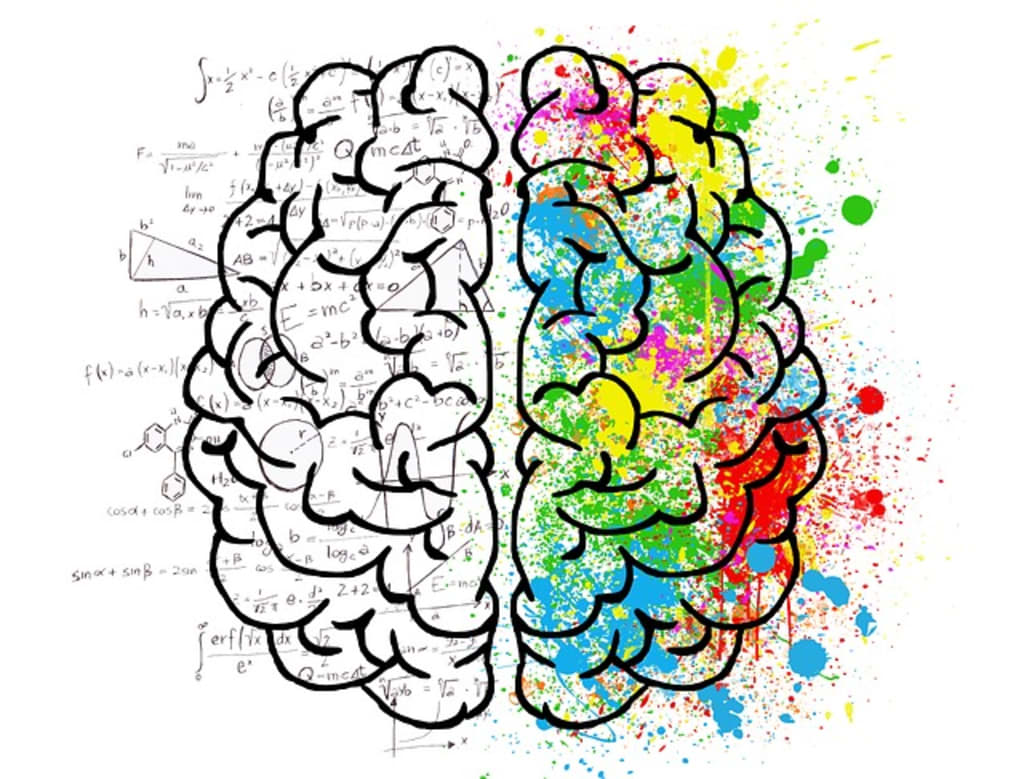
This is a continuation to my graduate paper on Adlerian counseling. The students in this first graduate level counseling course had to pick a theory that would probably and hopefully be a part of our counseling career. As you have been reading my other articles this is the theory that I was the most familiar with for I did work with young children in a day care setting as well as using some activities working with the elderly who had Dementia and/or Alzheimer's disease. Now for the continuation of the original 15-page paper.
Helping Framework for Adolescents
Engagement- You will establish rapport with the family along with the teen or preteen by having 'cool' items that will be of interest to them or all ages that use the office or room. You must remember to tell this client that all that is discussed is confidential except if their supreme danger taht would effect the therapeutic mileau.
Assessment- This is the stage where you are still establishing rapport and also where you can establish the problem behavior(s) they are exhibiting. You and the client will also define the goals and objectives that you plan to help them with to solve their problem(s). You and them will write a 'contract' and then sign your names to improve compliance. (Note: At the time of writing this paper this was a way to go, but it seems that the 'contract' is not always a good idea now. It depends on the client/counselor/parents.) You will still be working with the parents when needed to help them and the teenager.
Planning- This is the stage where you can plan activities where teenagers can tell you what is going on with themselves and discuss what they would like to do and would be the right way to handle their problem(s).
Implementation- This is when the teenager and even the counselor may use art materials, books, games (video games), maybe even sports to share information. You must make sure all items and activities are age appropriate or you may have a whole other problem with this age client and future clients.
Evaluation- This is the stage as the counselor you could have the teenager fill in an inventory of what skills they have learned and if they will continue to use them after completing the goals and objectives on the contract that was written between you before therapy began.
Termination- The counselor could perform an exit interview with the teenager and then another interview with the parents to see if they think more sessions will be needed or if therapy will be ended.
Follow-up- The counselor can call the client or the parents to see how things are going and if you (further counseling) may be needed for any possible future problem(s).
Framework for Adult Clients and the Elderly
Engagement- The counselor as with the child and adolescent client the adult and elderly client you must still let them get to know you so they to can build trust in you and what you plan to do with them in the therapeutic mileau. This is a time of the initial interview and begin to talk about their problem(s).
Assessment- In working with adults and the elderly in this stage you can check their physical examination along with their history and possible medications they may be on at the time that they start therapy (this could also be done with children and adolescents as well for now a days these age groups seem to have just as many issues as the adults and elderly) and the elderly may even complete the Mini Mental Examination to check for understanding and competency. This last test would mainly be for the elderly unless one suspects in the adult client of early onset Alzheimer's/Dementia.
Planning- The counselor will plan activities and discussions for the adult client that mainly will be teaching them about their disease or problem. The counselor can do and activity assessment to see what their interests may be, so you can make the therapy sessions more personable and make learning new skills more fun.
Implementation- The client will participate in individual or in group counseling. The groups will be Reality Orientation that will be mainly for the elderly where they are given reminders of Who, where, why they attend group sessions and when they are accomplishing these things they are accomplishing to get better. They will attend Didactic Education groups to learn about their problem and how to solve them. They will participate in Resocialization groups to improve social skills, memory skills and thinking skills using the past to help the future, and finally Relaxation groups to teach relaxation techniques through music, poetry and other relaxing ways.
Evaluation- This is the stage that is accomplished by having the group therapist, nurses and the doctor all working together to make sure that the goals and objectives are met when they decide when to discharge or terminate the sessions. This could be done using a standard form that they fill out or as an ending inventory to see if they have learned to solve their problems in a more appropriate ways.
Termination and follow up- This is the part that can be accomplished by calling the client or by setting up an appointment to discuss anything that may lead to further help for them and/or their families.
Remember that this paper was written at least 10 years ago and ideas have changed along with some of the rules when dealing with various age groups.
To be continued
(I hope whomever reads my articles will if interested kindly give a tip. I would really appreciate all the help for my new career.)
About the Creator
Mark Graham
I am a person who really likes to read and write and to share what I learned with all my education. My page will mainly be book reviews and critiques of old and new books that I have read and will read. There will also be other bits, too.






Comments
There are no comments for this story
Be the first to respond and start the conversation.